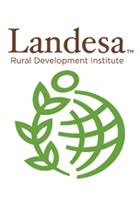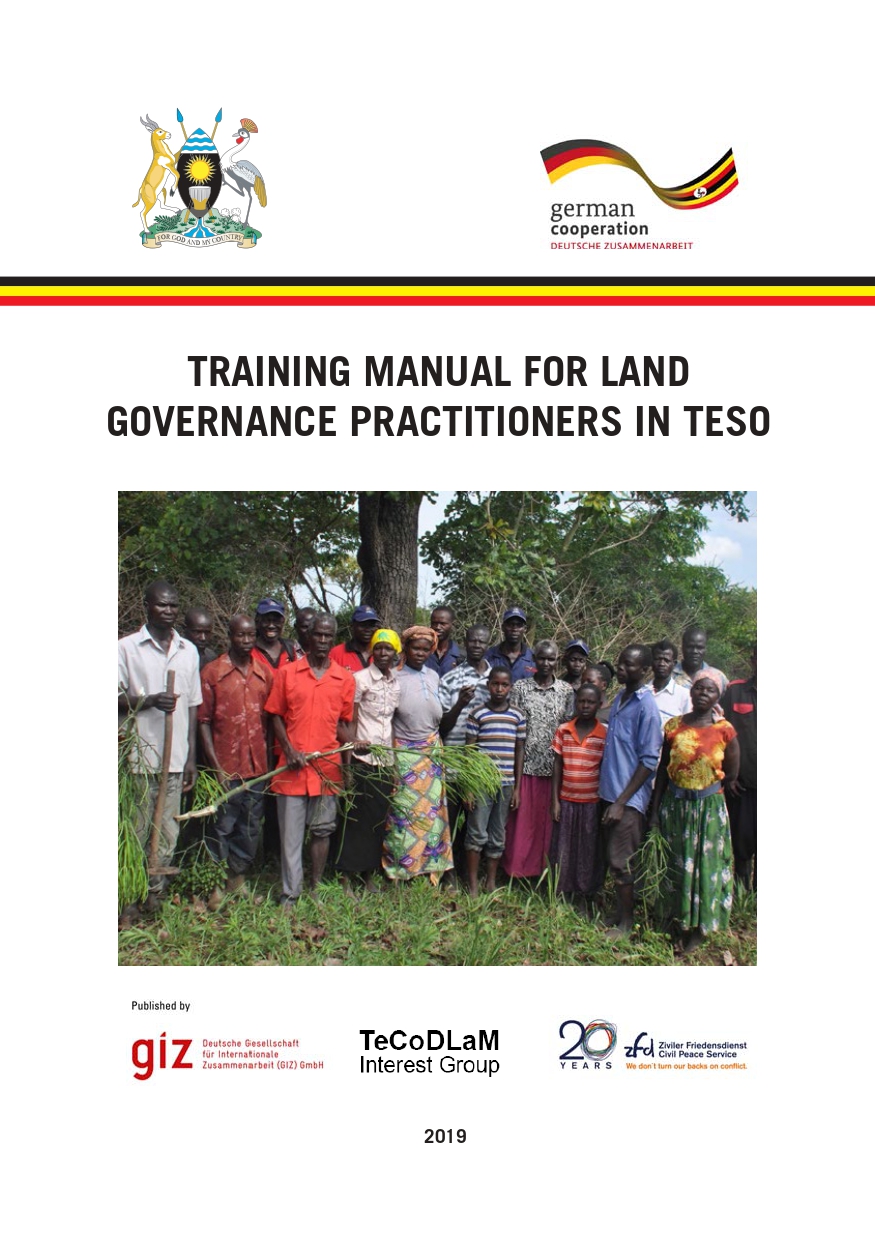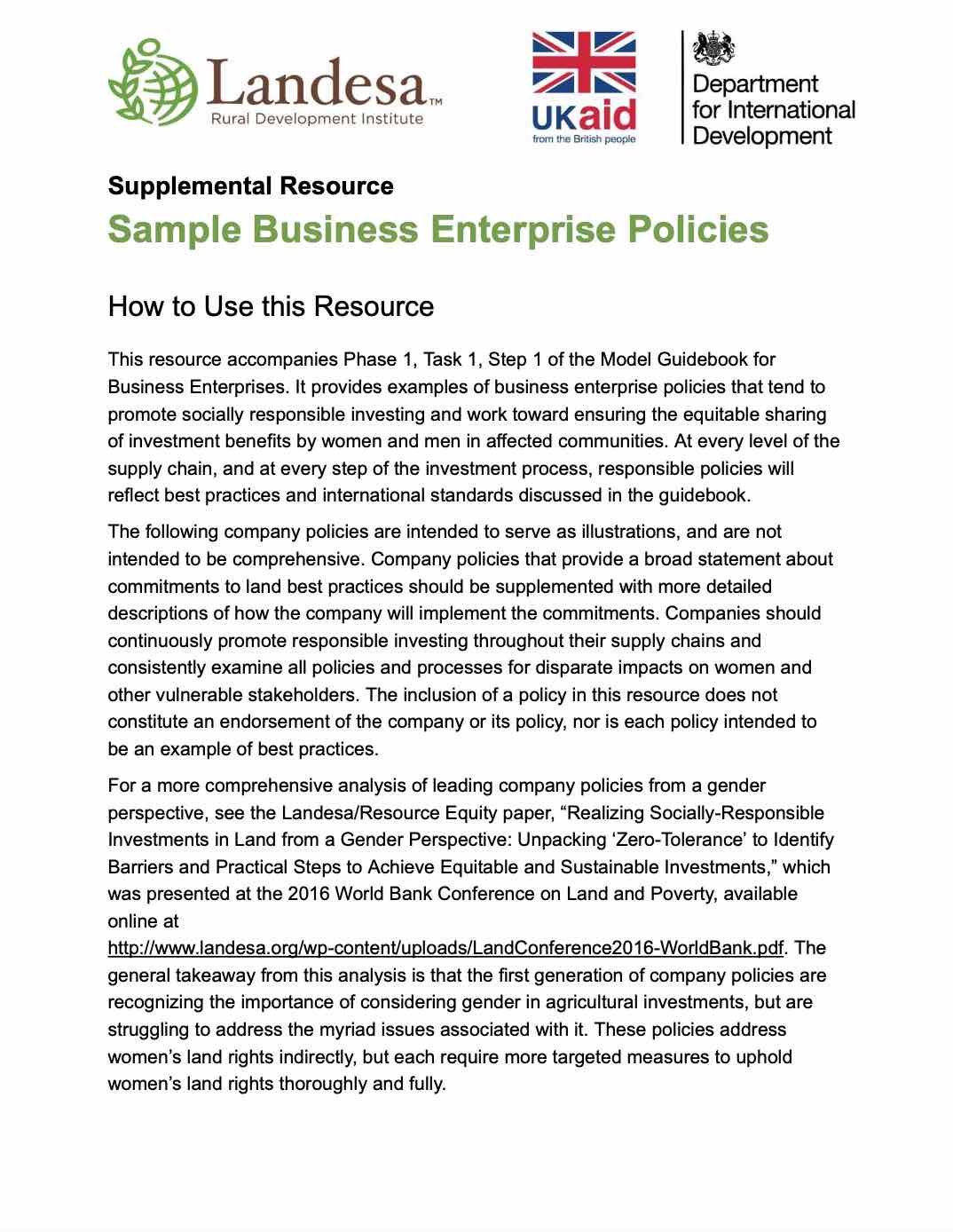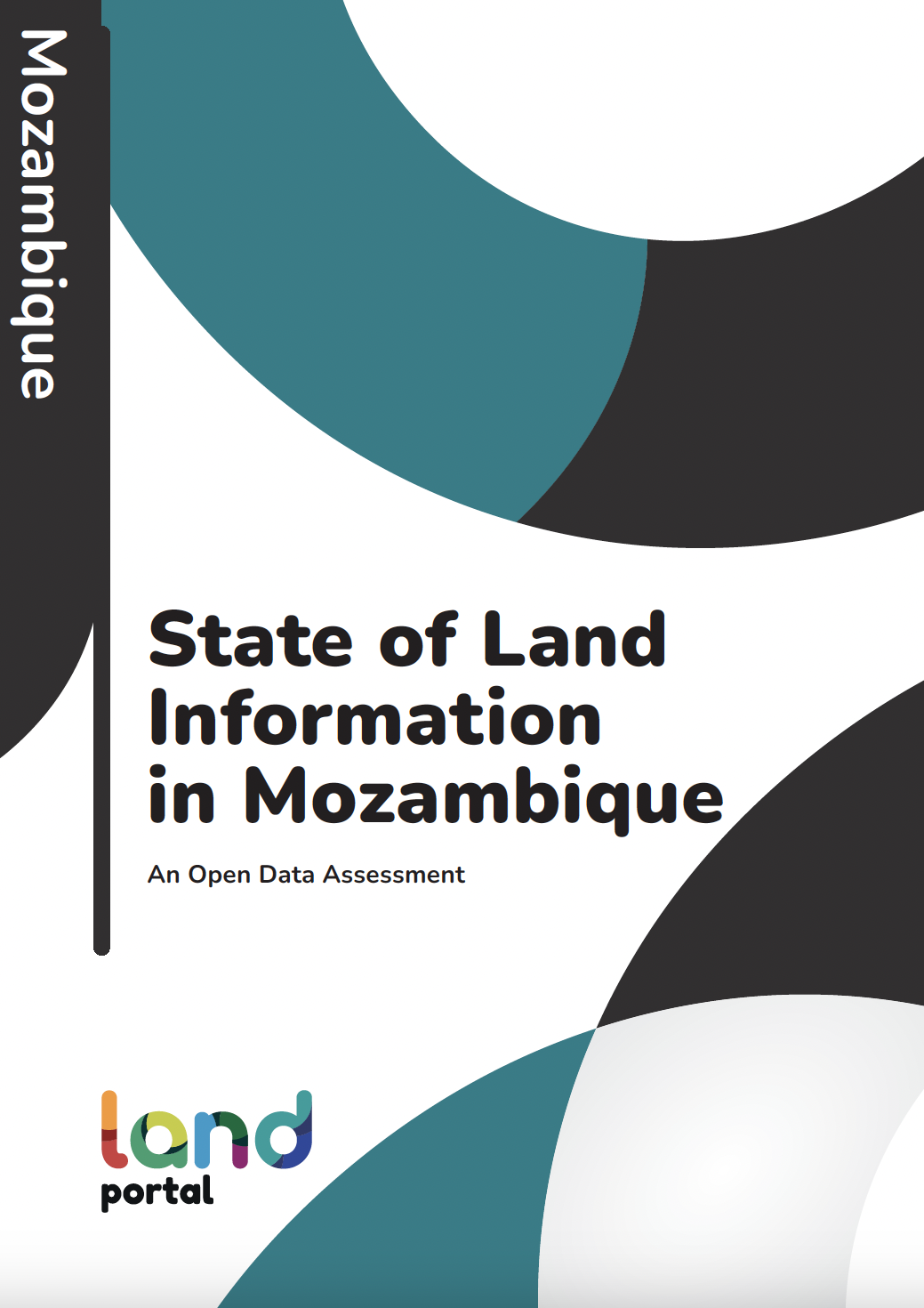Land and Natural Disasters: Guidance for Practitioners
A guide targeted at humanitarians, land professionals and government officials. Includes understanding land issues after natural disasters, land and the initial response, land and key humanitarian sectors, land as a cross-cutting issue, operations timeline: who does what when?, monitoring and evaluation, conclusions and recommendations. Contains many short cases (Aceh, Pakistan, Mozambique etc) illustrating practical aspects of bringing land issues into the post-disaster recovery process.







